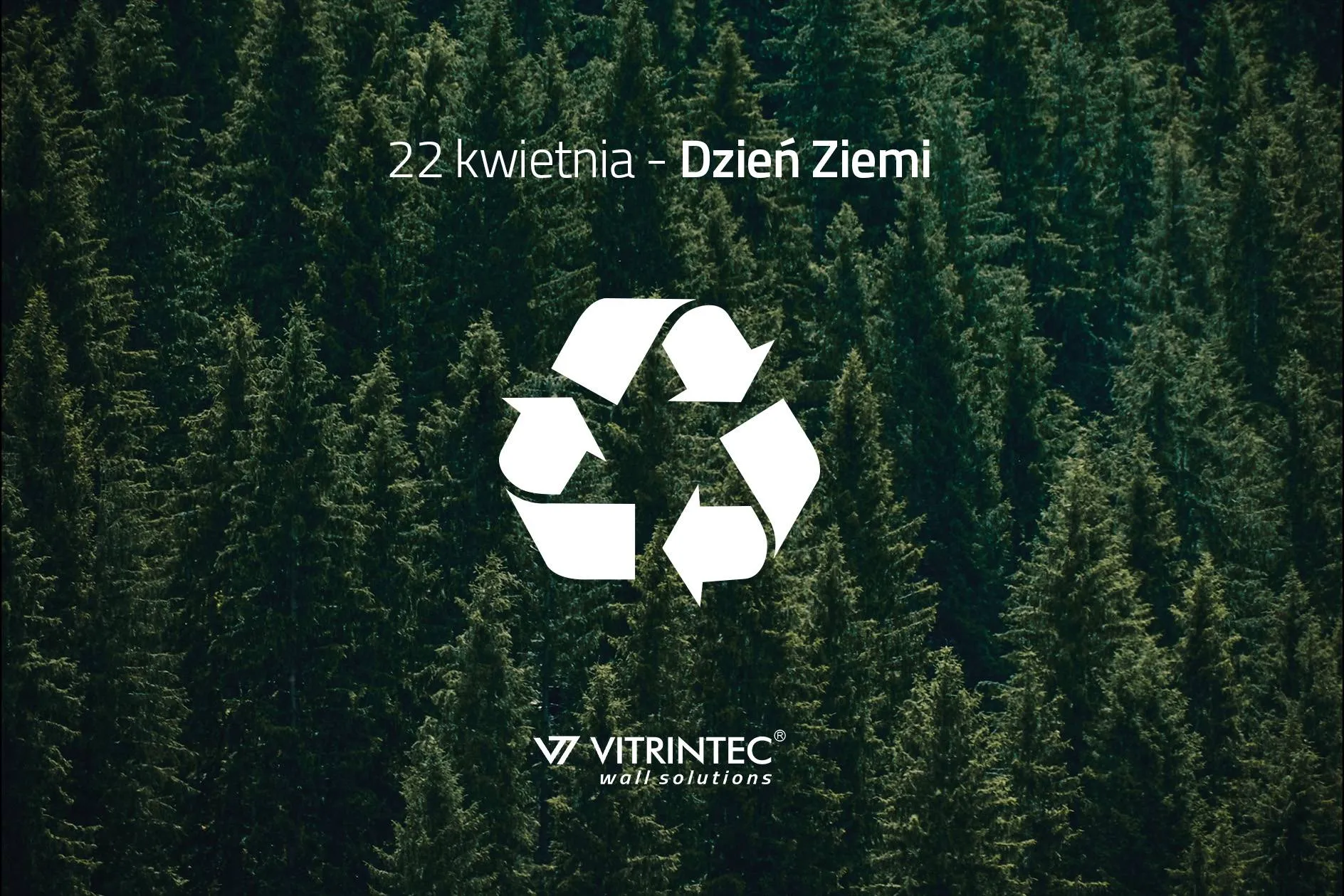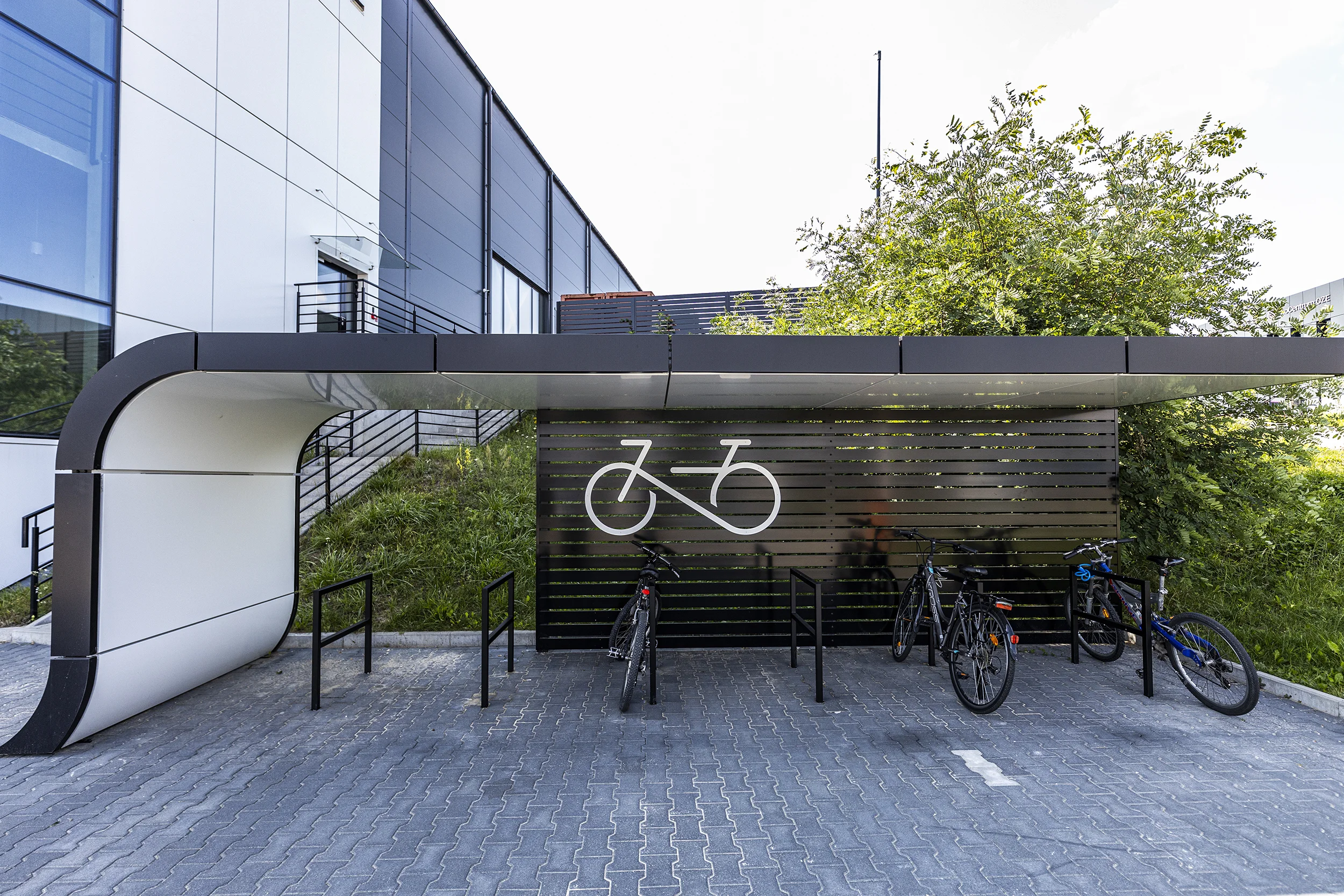Earth Day – recycling at Vitrintec

The obligation to recycle packaging means that used packaging is converted into secondary raw materials that can be used to make new products. This is an important aspect of companies’ operations, as it protects the environment and reduces the amount of waste sent to landfill.
In many countries, the obligation to recycle packaging is based on legislation and applies to both industrial and consumer packaging.
In Poland, this is regulated by the Packaging and Packaging Waste Management Act of 13 June 2013.
It requires manufacturers and distributors to set up a recycling system and maintain a certain level of raw material recovery. Another obligation is to carry out public education campaigns. The aim of these activities is to improve the public’s environmental awareness.
Packaging recycling has many advantages:
- reduces the consumption of natural resources,
- reduces greenhouse gas emissions,
- reduces waste.
In addition, the secondary raw materials obtained from packaging recycling can be used in the manufacture of new products, contributing to energy savings and reduced production costs.
In compliance with the above-mentioned obligations, we report that in 2023* Vitrintec will have generated:
- 4808.80 kg of plastic packaging subject to the recycling obligation, of which we recycled 1923.52 kg, achieving the required recycling rate (40%);
- 17612.09 kg of paper and cardboard packaging, of which we recycled 12328.46 kg, achieving the required recycling rate (70%);
- 16250.00 kg of wood packaging, of which we recycled 3412.50 kg, also achieving the required recycling rate (21%).
*Data taken from the annual report on the implementation of the packaging waste recycling obligation for 2023.





